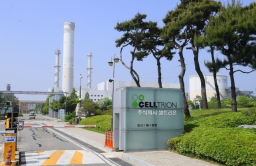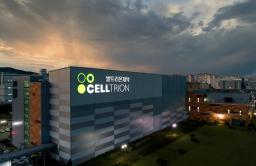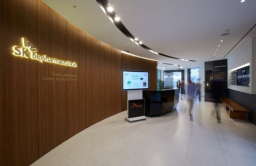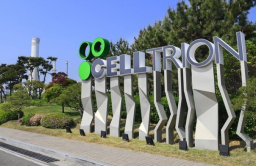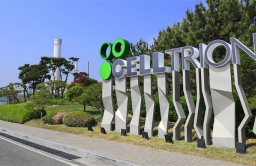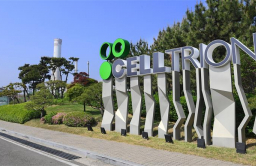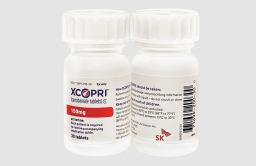-
KOSPI 2577.27 -2.21 -0.09%
-
KOSDAQ 722.52 -7.07 -0.97%
-
KOSPI200 341.49 +0.02 +0.01%
-
USD/KRW 1396 -2.00 0.14%
Korea’s Celltrion, SK Biopharmaceuticals benefit from direct US sales
Bio & Pharma
Korea’s Celltrion, SK Biopharmaceuticals benefit from direct US sales
Other Korean biopharma firms follow suit to bypass local distributors and improve profitability
By
Apr 16, 2024 (Gmt+09:00)
3
Min read
News+
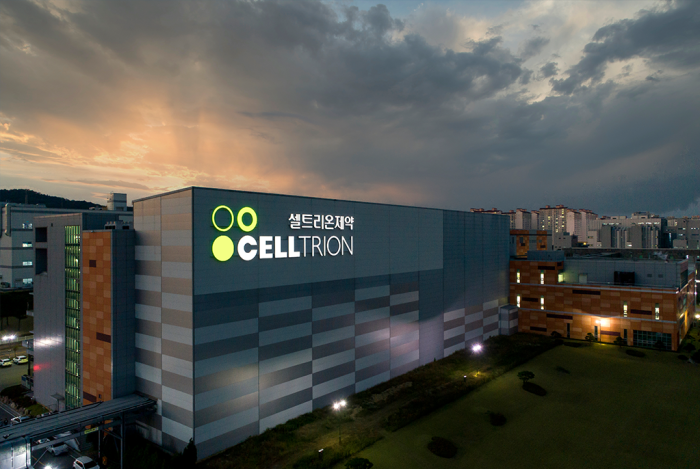
Celltrion Inc. and SK Biopharmaceuticals Co. are witnessing improving sales revenue and profitability by selling their products through their own marketing channels instead of using local sales partners in the US market.
Celltrion, a South Korean biosimilar giant, established a direct sales channel in the US last year after setting up a similar sales network in Europe in 2020.
In the US, Celltrion began direct sales with Vegzelma, an anti-cancer biosimilar of Avastin (ingredient name Bevacizumab), in April 2023.
In less than eight months since Vegzelma’s launch in the US, Celltrion secured 35% of public and private subscribers to the US pharmacy benefit manager (PBM) groups.
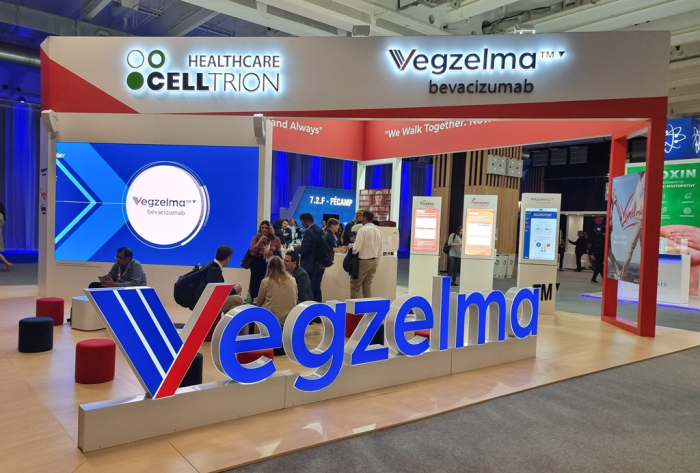
PBMs are contracted by insurers to manage drug reimbursement and are responsible for curating and maintaining drug lists, reviewing and paying drug claims, and managing health plans.
The more a drug is listed on the formularies of major PBMs and insurers, the more likely it is to be used by patients.
Celltrion said in December that Vegzelma was named a preferred drug on the formulary of Ventegra, a major US PBM.
Earlier this month, Celltiron said Yuflyma, its biosimilar of arthritis treatment Humira, and autoimmune disease treatment Zymfentra, also called Remsima SC (infliximab), a subcutaneous injection type, became preferred options on Ventegra's public and private insurance formulary.
By registering with the PBM, the two biosimilar products secured half of the potential public and private insurers, according to Celltrion.
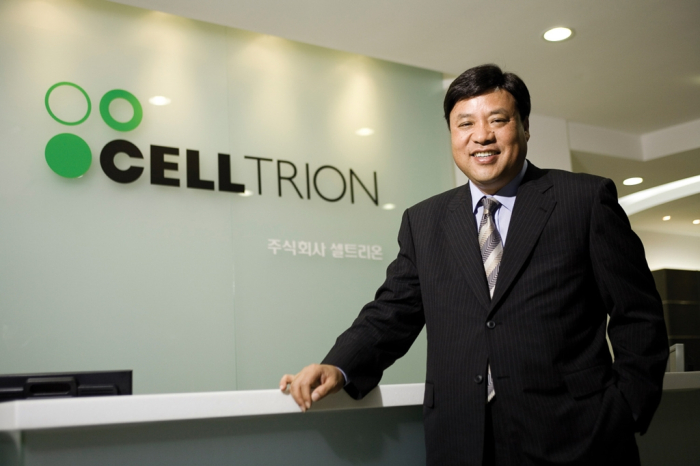
SEO JUNG-JUN’S RETURN TO MANAGEMENT
Analysts said Celltrion Group founder and Chairman Seo Jung-jin’s return to management last year after a two-year hiatus helped the company increase sales revenue and improve profitability through direct sales in the US market.
Company officials said he has been staying in the US, meeting thousands of doctors and pharmacy benefit managers to promote Celltrion’s biosimilars.
The company expects 3.44 trillion won ($2.47 billion) in global sales this year, up 58% from last year.
Establishing a direct sales network can save up to 30% of commissions foreign drugmakers need to pay to local distributors in the US, industry officials said.
Biosimilars are products that have been demonstrated to be similar in efficacy and safety to the originator’s reference product, with the advantage that they are less expensive and promote sustainable access to therapies.
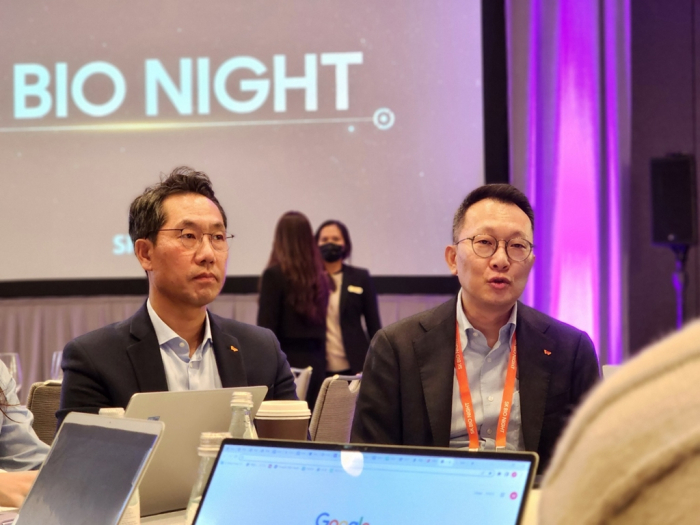
SK BIOPHARM’S US PERFORMANCE
SK Biopharmaceuticals, the biotech unit of energy-to-battery conglomerate SK Group, has been operating its direct sales network in the US since 2020.
Its antiepileptic treatment Cenobamate, sold in the US market under the Xcopri brand, is a success story for the company.
Cenobamate is the first epilepsy treatment drug that a Korean company has developed on its own from candidate substance discovery to clinical trials, licensing and sales.
In the US, SK obtained approval from the Food and Drug Administration (FDA) in 2019 and began selling Xcopri the following year through its own sales channels.
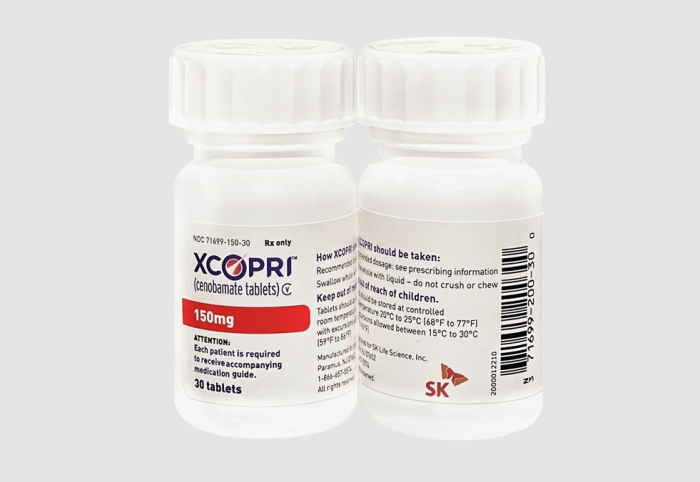
Xcopri’s US sales reached 78.2 billion won in 2021, rising to 169.2 billion won in 2022 and 270.8 billion won in 2023.
Monthly subscriptions of the medication used to treat partial onset epileptic seizures more than doubled from 11,005 cases in December 2021 to 26,059 cases in December 2023, the company said.
SK Biopharmaceuticals Chief Executive Lee Donghoon has been leading the company’s direct sales in the US since taking office in December 2022.
The company is widely expected to swing to an annual operating profit this year.
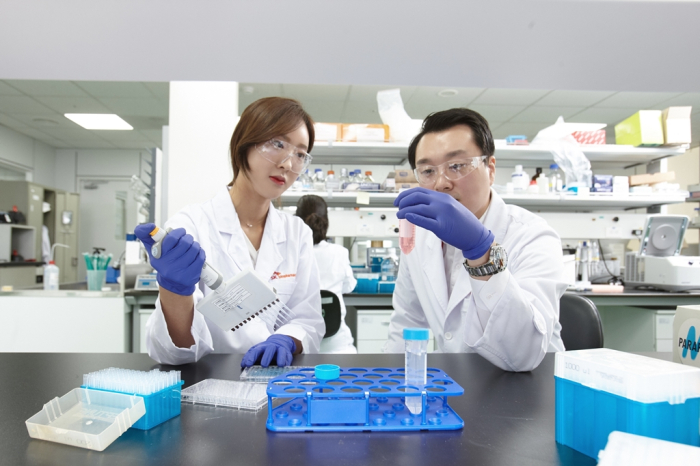
K-BIO FIRMS FOLLOW SUIT
Other Korean biopharmaceutical companies are following in the footsteps of Celltrion and SK Biopharm to bypass local distributors to sell their products in overseas markets to improve profitability.
Samsung Bioepis Co., a biopharmaceutical unit of Samsung Group, sells its products in the US and Europe through its local partners, but is seeking direct sales through an acquisition of local distributors.
Yuhan Corp. said it aims to soon set up its own global sales network to sell new drugs it developed.
“If you develop a new drug and sell it in overseas markets through local partners, you only benefit foreign companies,” said Jeong Young-gwan, chief of Yuanta Investment Corp.’s venture capital division.
Write to Jeong Min Nam at peux@hankyung.com
In-Soo Nam edited this article.
More To Read
-
Mar 18, 2024 (Gmt+09:00)
-
Oct 23, 2023 (Gmt+09:00)
-
Jun 15, 2023 (Gmt+09:00)
-
Jun 02, 2023 (Gmt+09:00)
-
Aug 19, 2022 (Gmt+09:00)
-
May 11, 2022 (Gmt+09:00)
-
Jul 02, 2021 (Gmt+09:00)


